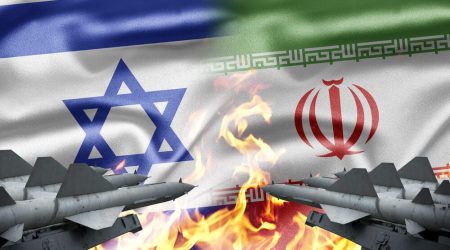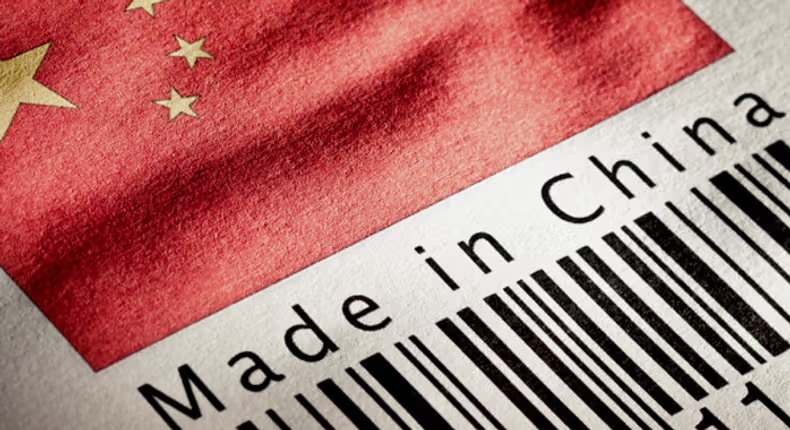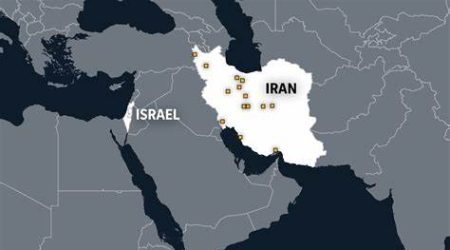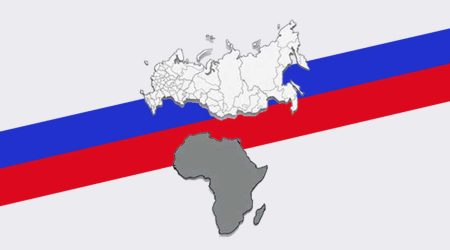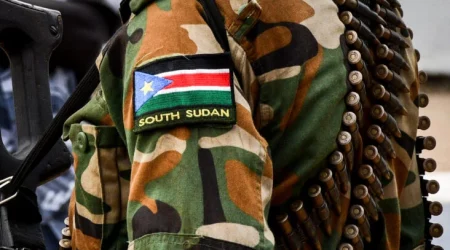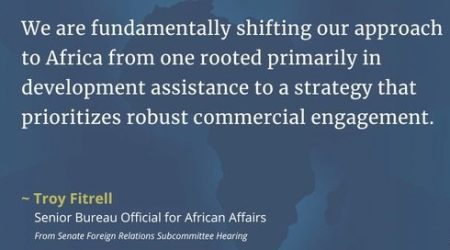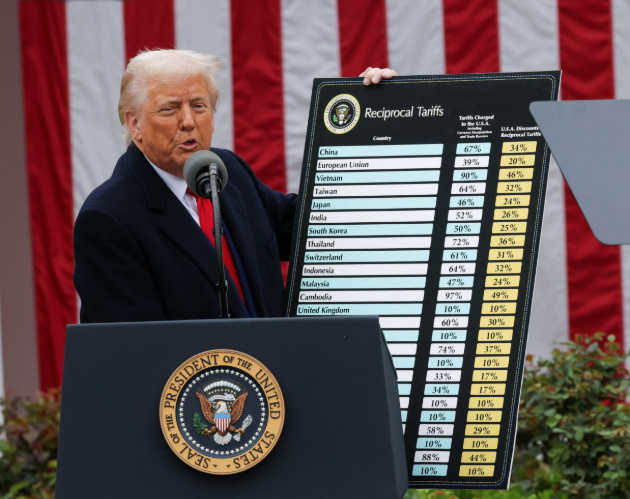
4
Apr
Global Trade Tensions, Local Catastrophes: The Horn’s Impending Storm
The clash of titans the escalating trade tensions between the EU and the US, sends shock waves far beyond the gilded halls of Brussels and Washington. For the Horn of Africa, a region already grappling with a confluence of crises, this global economic theater threatens to unleash a local catastrophe. The Horn, strategically vital yet economically fragile, finds itself caught in a crossfire it can neither control nor easily escape. This isn’t merely about tariffs and trade deficits; it’s about the potential for a global economic storm to rip through a region teetering on the edge.
The Horn’s vulnerability stems from its deep integration into the global trading system, particularly its reliance on maritime routes traversing the Red Sea. Any disruption to these vital arteries, caused by increased tariffs or trade barriers, could trigger a domino effect, choking the region’s already strained economies. Imagine the impact: skyrocketing prices for essential goods, crippling blows to export-oriented industries, and a deepening of existing economic inequalities. This isn’t a hypothetical scenario; it’s a looming reality.
Moreover, the Horn’s dependence on development aid and investment from both the EU and the US adds another layer of vulnerability. A trade war, fueled by economic nationalism and protectionist policies, could lead to a significant reduction in these crucial resources. This would not only hinder the region’s development efforts but also exacerbate existing humanitarian crises. The potential for a “New Economic Cold War” to translate into a cutback in aid, a shift in investment priorities, and a general disengagement from the region is a chilling prospect.
The implications extend far beyond the economic realm. A trade-induced downturn could fuel existing conflicts and create new ones. The Horn is a region of political instability, ethnic tensions, and resource scarcity. Imagine the impact on already fragile states when the price of food rises even further and the job market dries up. The potential for increased displacement, violence, and humanitarian crises is alarmingly high.
The geopolitical landscape further complicates the picture. The Horn is a playground for competing global powers, each vying for influence. A trade war between the EU and the US could create opportunities for other actors to exploit the region’s vulnerabilities, further destabilizing the region. This is not just about trade; it’s about the potential for global economic tensions to ignite local conflicts.
What, then, is the Horn’s path forward? The region’s leaders must adopt a proactive approach, engaging with both the EU and the US to advocate for their interests and mitigate the potential negative impacts. Diversification of trade partnerships, strengthening regional trade agreements, and investing in domestic industries are crucial steps. This is not about choosing sides; it’s about building resilience. We can appreciate Ethiopia’s move towards WTO accession as a clear example of this proactive approach, a tangible step towards securing its long-term trade stability in a potentially volatile global market.
However, the Horn must also brace for the possibility of a fractured global trading system. The era of unquestioned multilateralism may be drawing to a close, replaced by a more fragmented and competitive landscape. In this new reality, regional cooperation and self-reliance will be paramount.
Looking ahead, the Horn’s future hinges on its ability to navigate this treacherous terrain. This is not merely an economic challenge; it’s an existential one. The region must forge a new path, one that prioritizes resilience, diversification, and regional cooperation. The alternative is a descent into a local catastrophe, a tragic consequence of a global economic storm.
The Horn’s story is not just a regional narrative; it’s a microcosm of the challenges facing the developing world in an era of rising global tensions. The choices made by the EU and the US will have far-reaching consequences, not just for their economies but for the lives of millions in the Horn of Africa. The world watches, holding its breath, as the storm clouds gather.
The Horn, caught in the crosscurrents of a global trade dispute, faces a stark choice: adapt or succumb. Are we witnessing the dawn of a new economic confrontation, a subtle shift towards fragmented trade blocs, or merely a temporary storm? The Horn’s fate, regardless of the answer, is undeniably tied to the decisions made in distant capitals. Diversification, regional cohesion, and a strategic recalibration of economic partnerships are not mere policy suggestions; they are survival imperatives. The question isn’t whether global trade will change but whether the Horn can transform before the change transforms it. The region must actively shape its narrative, its economic destiny or risk becoming a casualty in a game it did not create.
By Bethelhem Fikru,Researcher,Horn Review

